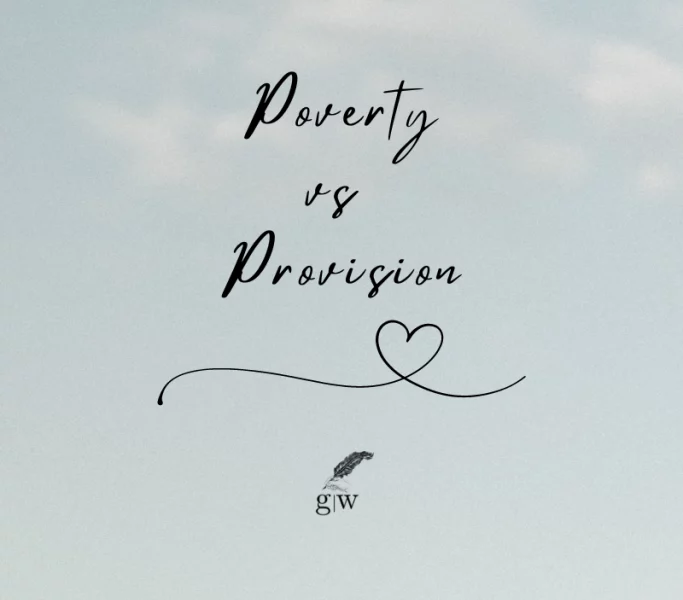Dealing with negative reviews. Some complain, some sidestep the issue or brush it off. “Being an author is tough, get over it!”
Well, sometimes we can’t get over it that easily.
I’ve always been one of those people who like bullet point instructions on how to do something, and that inspired me to compile some practical tips on how to deal with negative reviews!
And, just to clarify, I’m talking one star humdingers, not the small critiques that pop up in three star reviews.
Let’s get started!
1. DO SOMETHING NICE FOR SOMEONE.
I once saw a review that really stung, so I decided to act.
Within the hour, I packaged up one of my books along with an encouraging card and sent it to a young fan.
If you’re discouraged over an encounter with the wrong reader, send a copy to your ideal audience! Write a short story for a loved one and surprise them with it. Write a heartfelt card for a friend. Whatever the method, use your writing to bless someone.
When someone hurts you with their words, using your words to do a kindness for someone else is one of the best remedies for turning the situation around.
2. POST SOMETHING ONLINE.
Never call out a reviewer online or attack them in any way. Don’t complain about nasty reviews; you never know who’s watching. If readers see you’re the type of author that stalks your reviewers and whines about them . . . that’s the fastest way in the world to lose future readers.
Here’s what I really mean about posting something online. I once saw a negative review of one of my books. Their remarks caused me to reflect and, while mentally sorting through what was true and what wasn’t about this person’s comment, it inspired me to really nail down one of my characters!
I used NEGATIVE comments to inspire me to dig POSITIVELY into the character in question, affirming to myself who the character really is and then sharing it in a special post with my audience.
Do you see the difference? My post could not be traced back to that reviewer because I was merely sharing what inspires me about my character! And, woven subtly into that, there was a clarification to those who might, like that reader, misunderstand my character.
3. TALK TO SOMEONE IN REAL LIFE.
Sometimes, despite your best efforts, you absolutely must rant about a review. When this urge overtakes you, do it in person.
Posting nasty things on a public account looks unprofessional, and it is a bad testimony, since we’re essentially urging our loyal followers to grab pitchforks and go after the reviewer in question. We shouldn’t ever encourage our fans to bully someone over their personal opinion.
It’s also usually not a good idea to rant to your peers (either through texts or groups), because they are more than likely also your reviewers and they’ll never feel comfortable reviewing your work again now that they know what you think of people who don’t love every little thing about your book.
When I need to rant, I talk to my sisters, who don’t have social media, so they can’t virtually strangle the person that hurt me. I strongly advise talking to someone face to face or on the phone or via video chat. You’ll still get it off your chest, but you also won’t get yourself into trouble by posting or texting information that can be copied and reshared.
4. WRITE MORE.
Some years ago I saw some comments about one of my books that really hurt. I had tears running down my face but I grabbed my laptop and started typing on the next story just to show my critics that, no matter what anyone said, I wasn’t going to stop.
My bit of “positive rebellion” made me feel better, and the physical action of typing affirmed to my mind that I was determined to carry on, despite the mental urge to quit.
Let the anger out through your keyboard! Use the opportunity to write that emotion-charged scene you’ve been avoiding! Then take a deep breath and remind yourself that real writers don’t quit—no matter what anyone says.
5. TRY TO THINK ABOUT IT FROM THEIR PERSPECTIVE.
When I see a review that puzzles or annoys me, I try to think of it from the reviewer’s perspective.
A reader’s mind is like a universal translator from Star Trek. The reader translates books into their own unique language and frequency. Each reader is unique, and they can’t help translating what they read into the language they’re most familiar with. Sometimes the translation is good, sometimes it’s bad.
Perhaps your character reminded the reader of someone who had been cruel to them. Perhaps that action sequence reminded them of a stressful time in their life. And so, consequently, their brain tells them they hate this book.
That’s perfectly normal; it’s happened to me. It’s not the author’s fault, it’s simply my past and my experiences translating the words on paper.
Some readers may overreact (we all need to be reminded that just because a book bothers us, that doesn’t mean our personal triggers make the book unhealthy or dangerous for others) but those are still legitimate reasons for them to dislike a book.
And there is absolutely nothing you can do to change it.
Everyone reads through their own personal lens. When a reader opens a book, they bring their background, their baggage, their prejudices, their preferences, and their beliefs. People tend to project themselves and their experiences into what they are reading and anything that remotely reminds them of something painful will naturally upset or anger them.
That doesn’t make your book terrible or dangerous, nor does it mean you responsible for that person’s reactions. It’s simply their own pain, experiences, or prejudices talking. And since all readers do this, myself included, I can’t be annoyed about it!
These types of reactions to my books aren’t a personal attack, it’s simply a read, just like me, wrestling with their translations.
Their perspective, ultimately, has nothing to do with me and, thus, their reaction is probably not an accurate reflection of the quality of my book or the intention behind my story.
Be quick to embrace empathy. Once you do, you’ll be able to move past your offense and look at negative reviewers sympathetically.
6. REMEMBER THAT NEGATIVE REVIEWS CAN HELP YOU FIND YOUR IDEAL READER.
More than once, some controversy in the publishing world has caused me to pick up a book I normally wouldn’t read out of sheer contrariness. Many times, someone’s one star review has made me realize that I want to read a book because the things they disliked are actually things I enjoy! So don’t fret when your book gets a low rating. Yes, you might lose some readers, but you could just as likely GAIN some new readers. Consider it a bit of free publicity that just might grab the attention of readers who are going to LOVE your book.
7. REMEMBER THE HATERS.
Sadly, there is a small pool of people online who are genuinely nasty who have dedicated their lives to shredding everything in sight and spewing out vitriol for no reason.
Don’t worry about this crowd. A reader like that is to be pitied, nothing more.
Imagine never being able to enjoy a book because you’re too busy destroying them. Imagine never being able to support an author because you’re too busy hating them. What a sad and terrible existence.
That’s their loss, not yours. Ignore these this sort of reviewer and reader and keep writing.
IN SUMMARY...
These are tips I learned the hard way, because I see very few authors talking about how to professionally and constructively deal with negative reviews.
When in doubt, be silent, be kind, be generous, be professional.
Always remember that art is subjective. Just because someone critiques you does not make them a hater. Not everyone will like your book, and that’s okay.
One last thing. Don’t forget that Jesus, the Great Physician, is more than able to heal your heart from anything that might have wounded it.
I can testify that when I’ve been demoralized, God was there very shortly afterwards with a miraculous bit of encouragement; the timing was always perfect. He didn’t let the hurt of some comment or review or failure or rejection fester for long before sending a friend with a compliment, or a flash of inspiration, or a bit of clarity.
The ointment of His kindness is always close at hand. He cares about your writing, and He wants to use it. You can trust in His strength to keep you going.





Leave a Reply